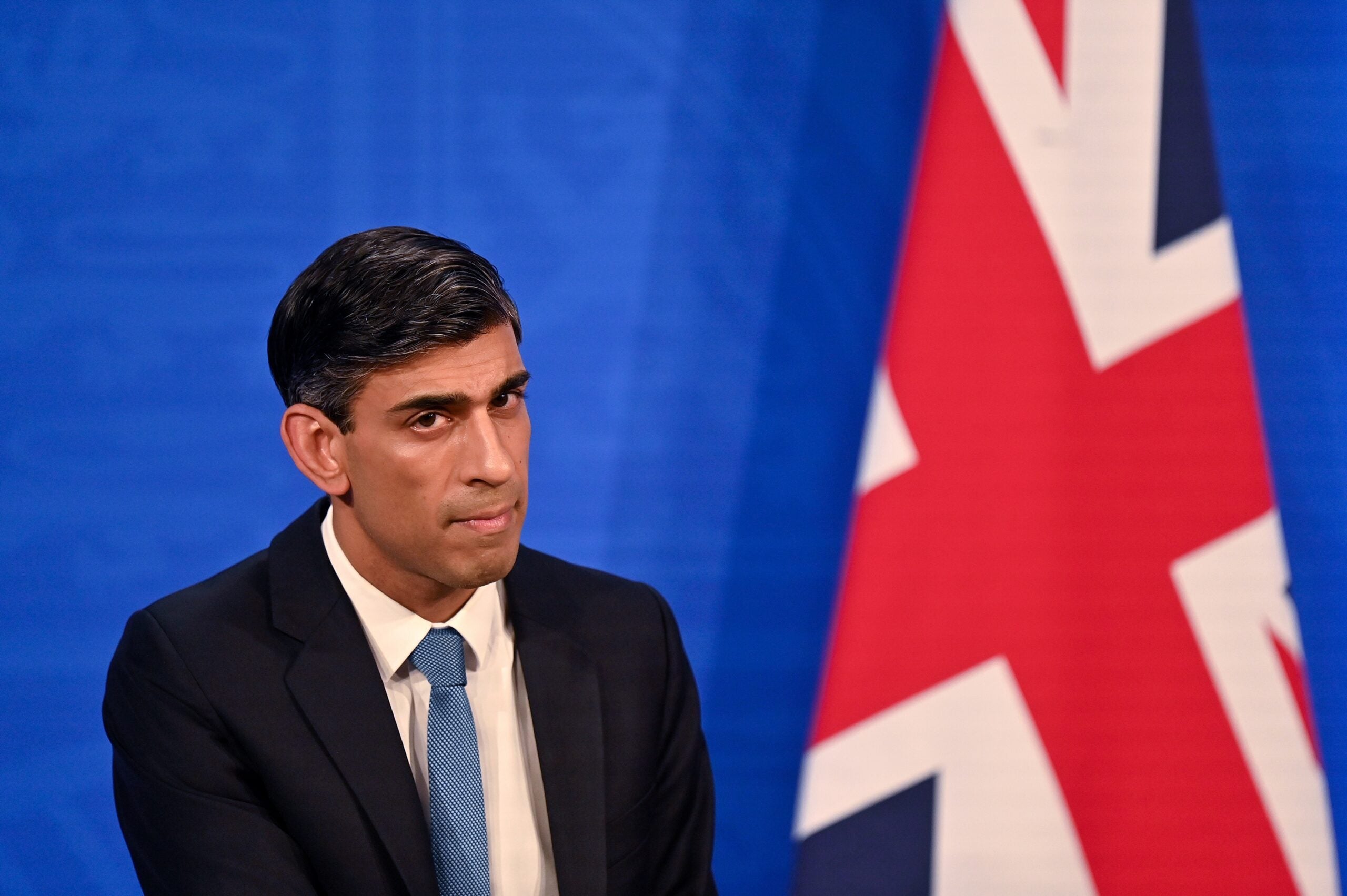
UK Chancellor Rishi Sunak has announced a one-off “windfall tax” on the profits of the nation’s oil and gas industry. The announcement comes as a response to rising energy prices pushing increasing numbers of households towards poverty.
Issuing a statement in the House of Commons on Thursday, Sunak said: “The oil and gas sector is making extraordinary profits, not as a result of changes to business policy but as a result of surging global commodity prices, driven by the invasion of Ukraine.
“We will introduce a temporary, targeted tax on oil and gas company profits at 25%. This will have a built-in allowance for investments, giving an incentive to reinvest their profits. When oil and gas prices return to more historically low levels, the levy will be phased out, with a sunset clause written into legislation. Oil and gas companies will get 90% of the investments back as tax relief.”
The chancellor also acknowledged the rising profits of electricity generation companies, because of the link between prices and the rising price of gas. He said: “We are consulting with power companies to drive market reforms forward, but this will take time. In the meantime, we are evaluating the scale of their profits, and the steps to take regarding these.”
Sunak did not say how much public money this would generate. However, the announcement came alongside a £15bn ($18.8bn) expansion to benefit schemes. These will aim to relieve pressure on the country’s poorest households as living costs rise.
“Windfall tax” and billpayer assistance arrives, months after first suggestion
Earlier in the year, the UK Government implemented a compulsory deferred payment scheme to offset current bills against future ones. However, the temporary and limited nature of this scheme has not relieved the pressure on many billpayers. In his statement, Sunak said the government would replace this £200 loan with a £400 grant. The Times has reported that this will cost taxpayers up to £10bn ($7.9bn).

US Tariffs are shifting - will you react or anticipate?
Don’t let policy changes catch you off guard. Stay proactive with real-time data and expert analysis.
By GlobalDataThe government will also increase a range of welfare payments “available to more than eight million households”. These would one-off payments to poorer, elderly, or disabled people under existing schemes.
Opposition politicians criticised the government for its change of mind, implementing opposition suggestions five months after originally stated. Shadow Chancellor Rachel Reeves said that the tax failed to address the systemic issued causing high prices and did not spur renewable investment. Sunak replied that recent news of rising inflation, the energy price cap, and the war in Ukraine had made this the appropriate time to act.
The announcement comes as UK households struggle to keep up with the rising price of energy, alongside other increases in the cost of living. On Tuesday, Jonathan Brearley, CEO of energy regulator Ofgem, told lawmakers that from October energy bills would likely rise by another £900 ($1,135). He continued: “The price rises are genuinely a once in a generation event, at a rate not seen since the 1970s. We need the government to step in.”
Oil and gas industry disappointed by tax on profits
The government’s opposition has repeatedly called for a windfall tax on oil and gas company profits. However, Sunak initially rejected the calls as potentially damaging to investment. The chancellor said that he would only introduce the tax if companies did not invest in “growth, jobs, and energy security”.
Over the past week, the government has refused to rule out the tax. Other related campaigns to cut the rate of value-added tax or income tax have not been realised. However, many political observers expect changes to these in the regular autumn budget announcements.
In recent weeks, UK companies have increased publicity surrounding their investments in the country. Offshore Energies UK, the industry’s trade body, has frequently objected to the idea of a windfall tax. On Wednesday, chief executive Deirdre Michie said that sudden new costs could undermine investor confidence in long-term projects.
She continued: “The Office for Budget Responsibility predicts that our operators will pay over £7.8bn to the Exchequer this financial year. That is 20 times higher than the sector’s tax payments two years ago and equates to £279 per UK household.
“We are very proud to pay our taxes and support the UK Government and consumers. The problem is when new taxes are imposed suddenly and without consultation.
“In particular, it pushes up the cost of borrowing for new projects, making it more difficult to raise the money needed to maintain existing energy supplies and build the low-carbon energy systems of the future."



